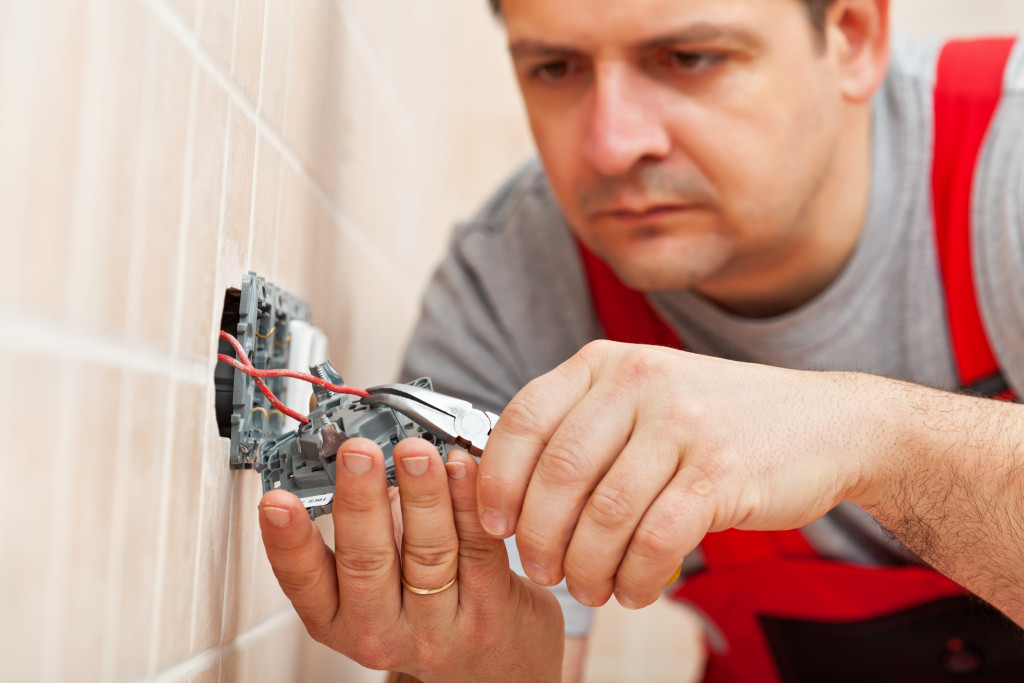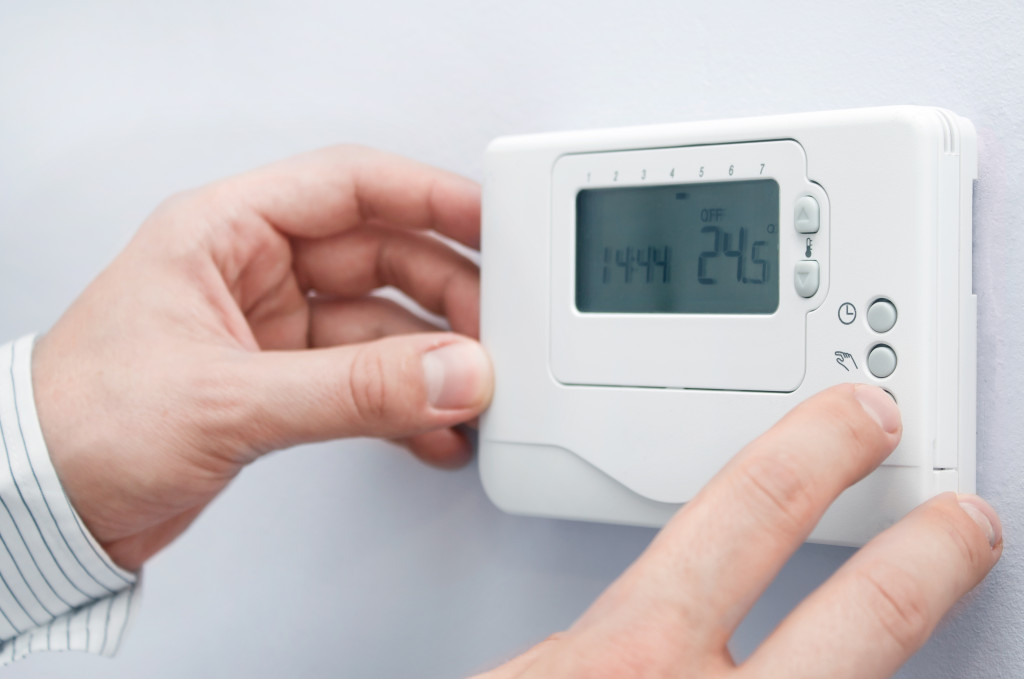- Switch to LED lighting and install dimmer switches for adjustable brightness. You can save a lot by doing this.
- Upgrade your appliances to Energy Star models for more efficient use of electricity.
- Invest in weather stripping or caulking for windows to reduce drafts and keep temperatures constant.
- Consider hiring an electrician to inspect your wiring system and identify areas where energy is being wasted.
- Use energy monitoring tools to identify areas of inefficiency and adjust accordingly.
As someone living in an apartment, you might feel like you don’t have much control over your energy usage. But you’d be surprised at how much you can do to save energy and lower your bills. Being energy-efficient also makes a huge difference in reducing your carbon footprint and helping the environment. This blog will explore tips for improving energy efficiency in your apartment. Follow these tips, and you’ll soon see a positive impact on your wallet and the planet!
Be mindful of your lighting.
One of the easiest ways to be energy-efficient in your apartment is to switch to LED lights. They’re more expensive upfront, but they use way less electricity and last much longer than traditional incandescent bulbs. You can also install dimmer switches to adjust the lighting to your liking and reduce energy usage. And don’t forget to turn off the lights when you leave the room!
Upgrade your appliances.
Older appliances like refrigerators, air conditioners, and heaters consume more energy than newer models with an Energy Star rating. Though upgrading appliances may seem costly upfront, it will save you money in the long run as they use less energy. You can also use power strips for TVs, computers, and charging devices—this saves electricity and helps you keep track of which devices are on.
Make your windows more energy-efficient.
Windows are notorious energy-wasters. If you have drafty windows, they allow temperature changes to affect your apartment’s temperature, making your heating or cooling systems work harder.
The solution? Seal those drafts with weather stripping or caulking. If you have access to windows that receive natural light, utilize it! Opening blinds or curtains will reduce your use of electrical light and save energy.
Employ the help of a professional electrician.

Sometimes, it’s a good idea to get the help of a professional electrician to find any hidden sources of energy loss. An experienced electrician can help you inspect your wiring system and identify areas where energy is being wasted. With their expertise, they can give you advice on how to make improvements that can save you money in the long run.
Be more aware of your energy usage.
Lastly, the most useful tip of all is to track your energy use and make necessary adjustments. There are many energy monitoring tools out there that you can install to highlight those areas that aren’t energy-efficient, benefiting your wallet and the environment. There are also many ways you can change up your energy use to reduce your carbon footprint. Here are a few ideas:
Unplug electronics when not in use.
Unplugging your electronics when they’re not in use can help reduce your energy consumption. This includes TVs, computers, and charging devices.
Replace air conditioners with fans.
Fans are a great way to cool down during hot summer days without using as much electricity as an air conditioner. They’re also much less expensive in the long run.
Do laundry in cold settings.
When doing laundry, select the cold setting for your washing machine. This will help save energy and money since it’ll use less electricity than a hot setting. You should also avoid using the dryer as much as possible—hanging clothes up to air-dry is a great way to save energy.
Reduce shower times.
Shortening your showers is a great way to reduce energy usage in the bathroom. Taking shorter, colder showers can also help you save on water costs as well.
Adjust your thermostat accordingly.

Adjusting your thermostat according to the season is another great way to save energy. In the summer, set your air conditioner no lower than 78 degrees Fahrenheit as that will keep bills low and use less electricity. During winter months, turn down the heat and wear more layers instead!
By being more aware of your energy use, you can make important adjustments to reduce your carbon footprint and save money.
Improving energy efficiency in your apartment doesn’t have to be a daunting task. With the right steps, you can make small changes that will help reduce your carbon footprint and save money on your bills.
Be mindful of lighting; upgrade appliances; make windows more efficient with weather stripping or caulking; employ the help of a professional electrician; track your energy use and adjust accordingly – these are all great ways to improve energy efficiency at home. By following these tips, you’ll soon see positive results for yourself and the planet!
